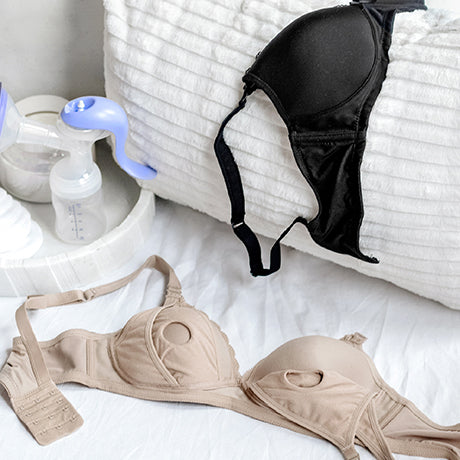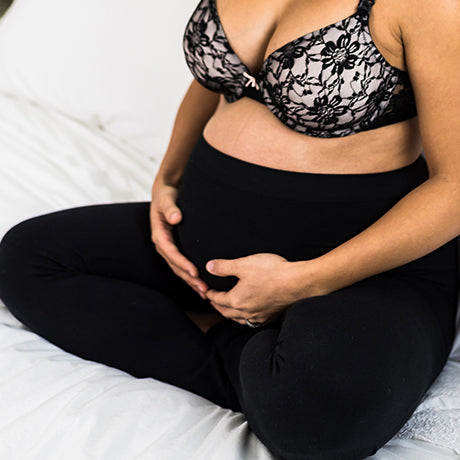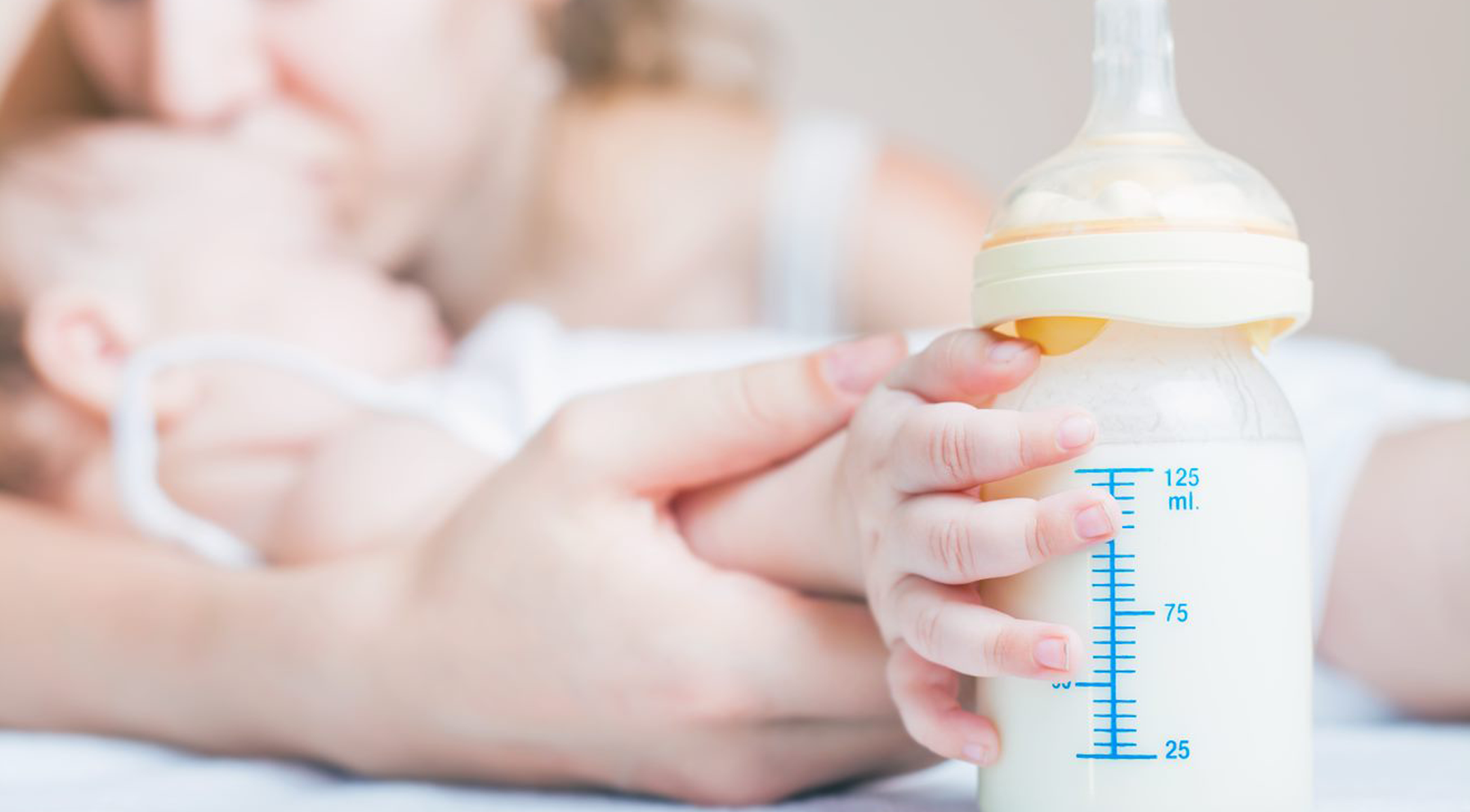
PMS during Pregnancy: Do you have Pregnancy PMS?

Symptoms of PMS and symptoms of pregnancy are often confused, and sometimes they are not mutually exclusive. Many symptoms of PMS and pregnancy are the same, which is why some women do not realize they are pregnant until several weeks (or even months) into their pregnancy. However, sometimes cyclical PMS symptoms still occur during pregnancy, even when periods have subsided. We’re looking at symptoms of both PMS and pregnancy and why some women experience Pregnancy PMS.
Premenstrual syndrome (PMS) usually occurs around 7 days before and a few days into a woman’s monthly period. Up to 90% of women experience some level of PMS symptoms prior to their period. Cramping, bloating, spotting, sore breasts, irritability, moodiness, headaches, fatigue, weight gain, back pain and change in appetite are all symptoms of PMS. But guess what? They are also symptoms of pregnancy. This is why many women believe they are getting their periods when these may be early signs of pregnancy. Women who are newly pregnant and are due for their next cycle may have all of their typical PMS symptoms even though they are positively pregnant.
One large clue of whether symptoms are PMS or pregnancy is if they occur outside of the normal premenstrual timeframe. Also, pregnancy symptoms include nausea and vomiting, skipped periods, and more severe food cravings or aversions. Usually these are tell tale signs that your symptoms mean you are pregnant, not PMSing. Also, extreme cramping and spotting are not healthy signs of pregnancy so if you suspect you are pregnant, you should see your doctor right away if those symptoms occur.
Experts believe PMS occurs for several reasons. First, hormones are fluctuating significantly in preparation for your period, which can lead to many unwanted symptoms. Also, chemicals are shifting in the brain, especially serotonin, which is in part responsible for feelings of happiness and joy. These changes certainly occur during pregnancy too, especially in early pregnancy, which again leaves some women unsure whether or not they are pregnant. However, many women feel they have pregnancy PMS, which is when their typical PMS symptoms occur on a monthly basis even when they are positive they are pregnant.
There is no solid evidence that PMS occurs regularly during pregnancy but since typical symptoms of pregnancy and PMS overlap and hormones and brain chemicals are constantly shifting during pregnancy, pregnancy PMS is certainly possible. To ensure a healthy pregnancy and to manage symptoms of PMS versus pregnancy, it is important to know the levels of severity of symptoms normal for each condition. Many women treat symptoms of PMS with medication, which is usually not advised during pregnancy. Also, other recommended lifestyle changes such as diet and exercise may differ for those suffering from PMS versus women who experience pregnancy symptoms.
Even informed women have questions about their menstrual cycles, PMS and pregnancy symptoms. If in doubt, consult you physician to ensure you are handling your symptoms appropriately for your condition.
Leading Lady's maternity collection offers several fantastic solutions to the normal aches and pains of pregnancy. For discomfort in your abdomen, hips, and back due to the weight and position of your belly, try our maternity belt with two adjustable layers so you can customize your support, or our maternity support band that flexibly supports your bump and back.
If you feel bloated or general irritation around your growing bump, stay comfortable in our maternity support leggings or maternity jeggings that feature a built-in maternity support band. Pair them with a comfy maternity top that drapes over your belly without being restrictive.
The post PMS during Pregnancy: Do you have Pregnancy PMS? appeared first on Leading Lady.







